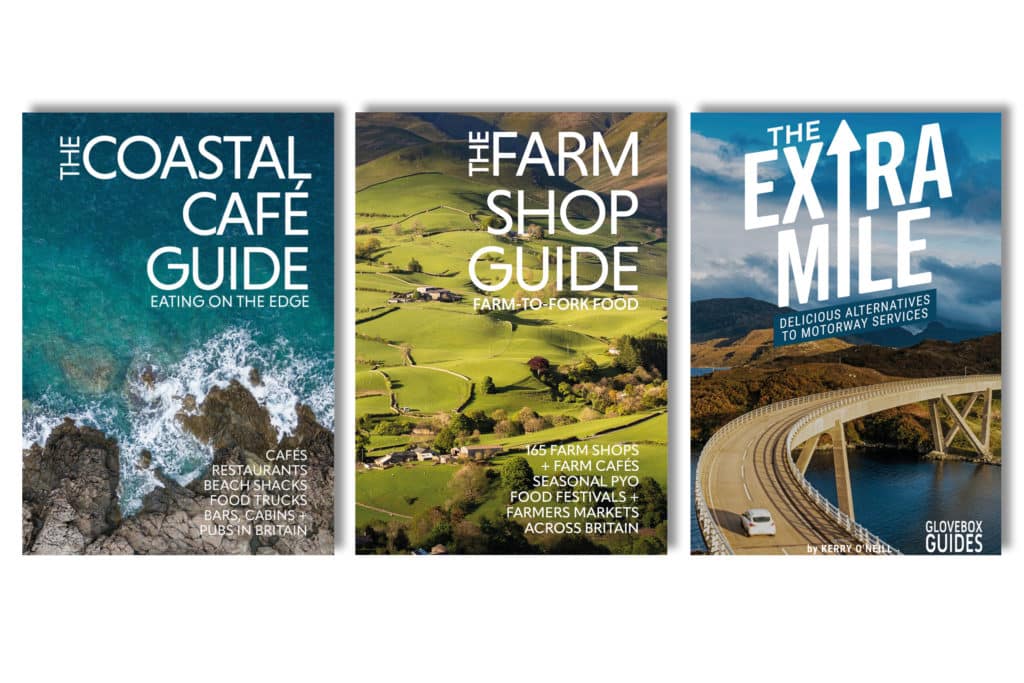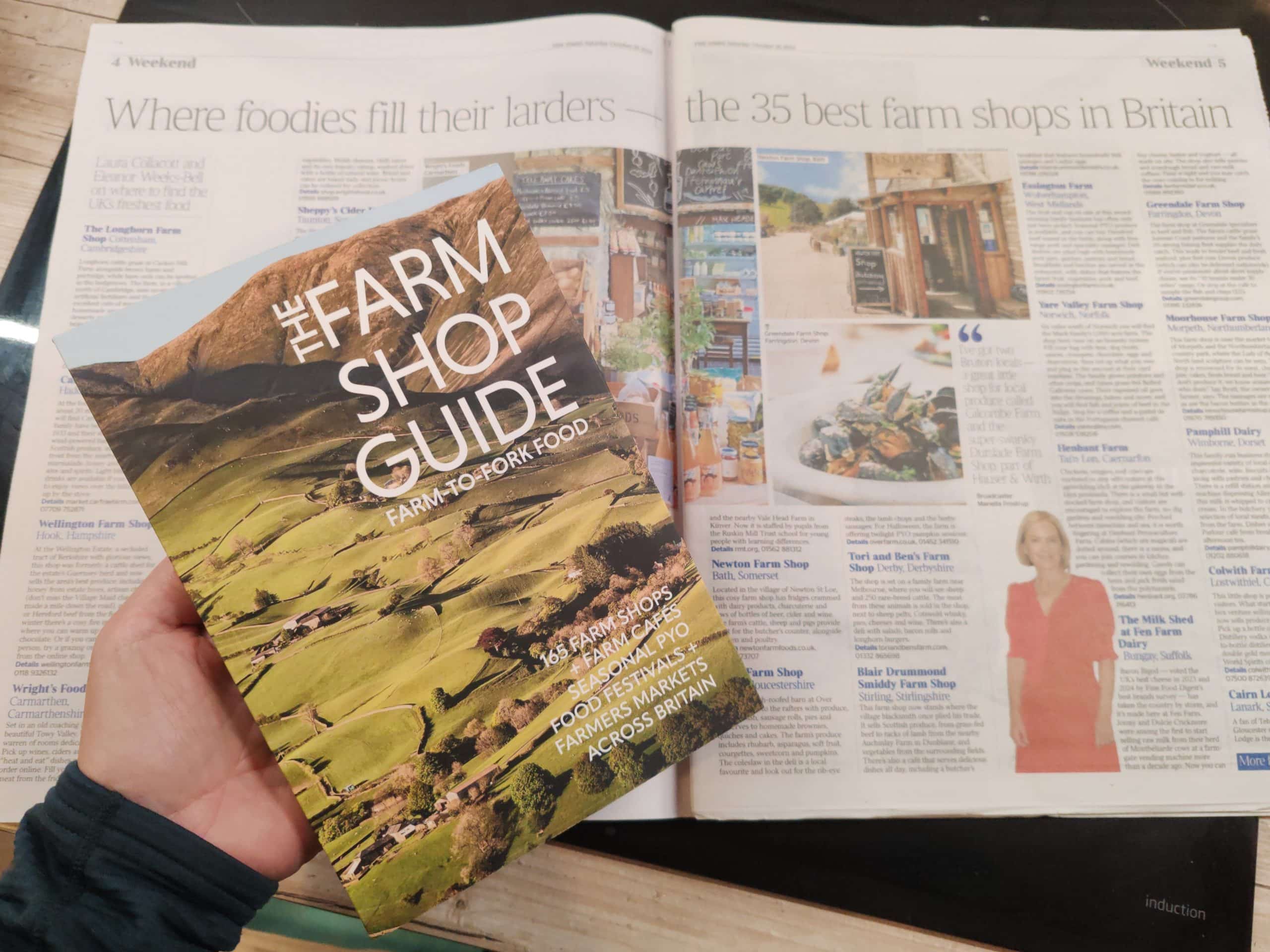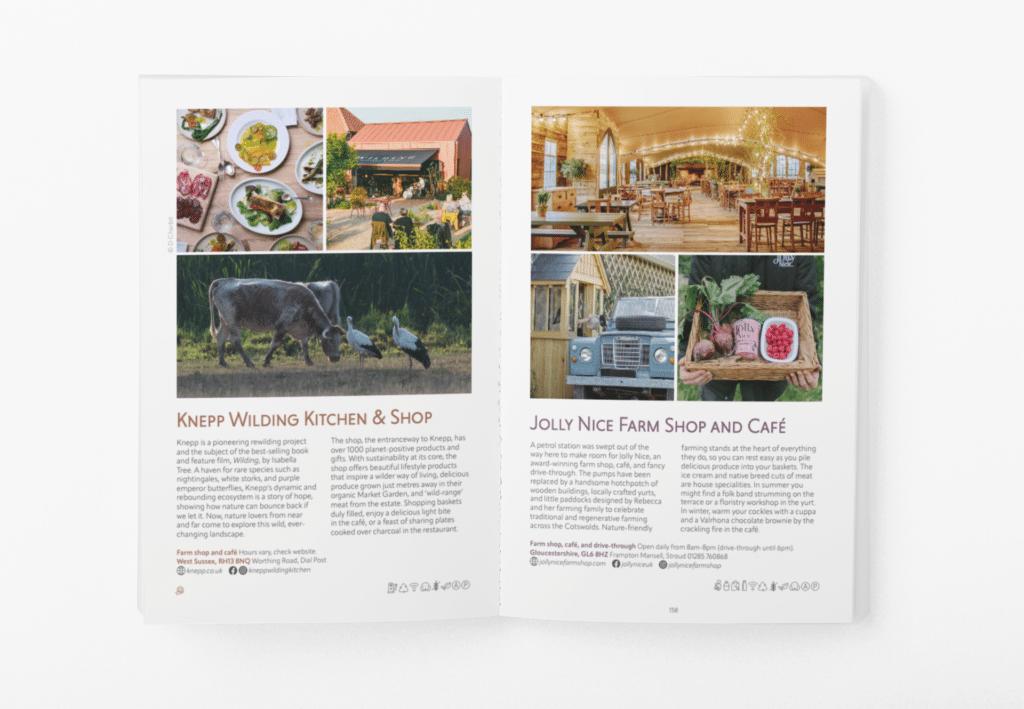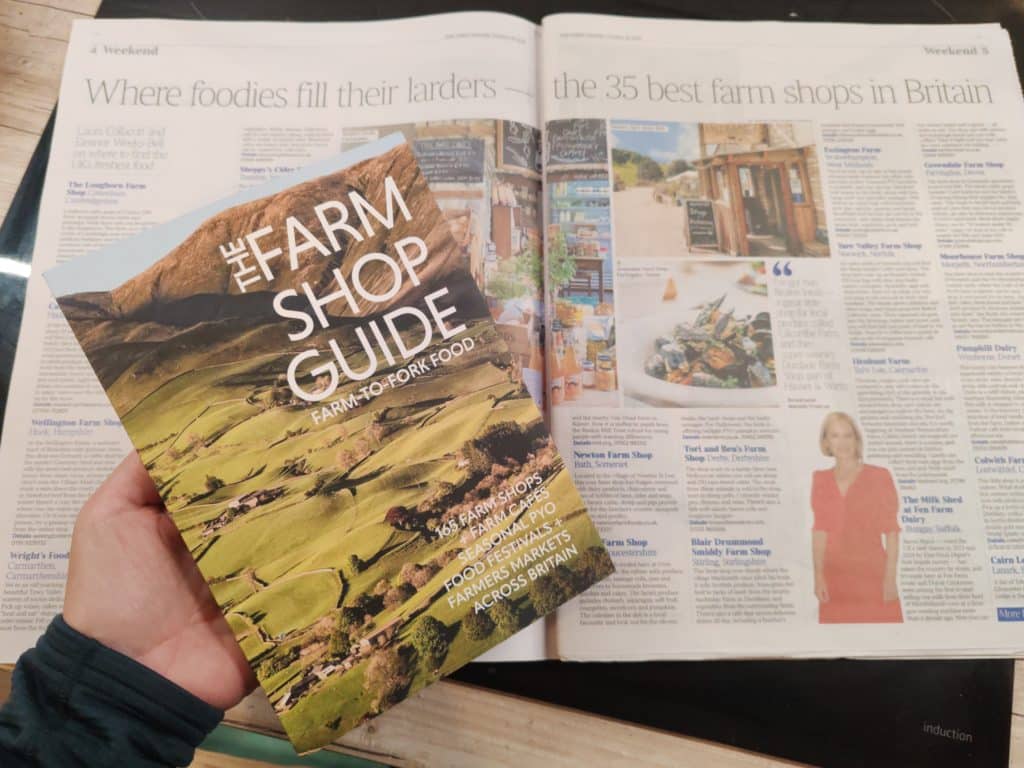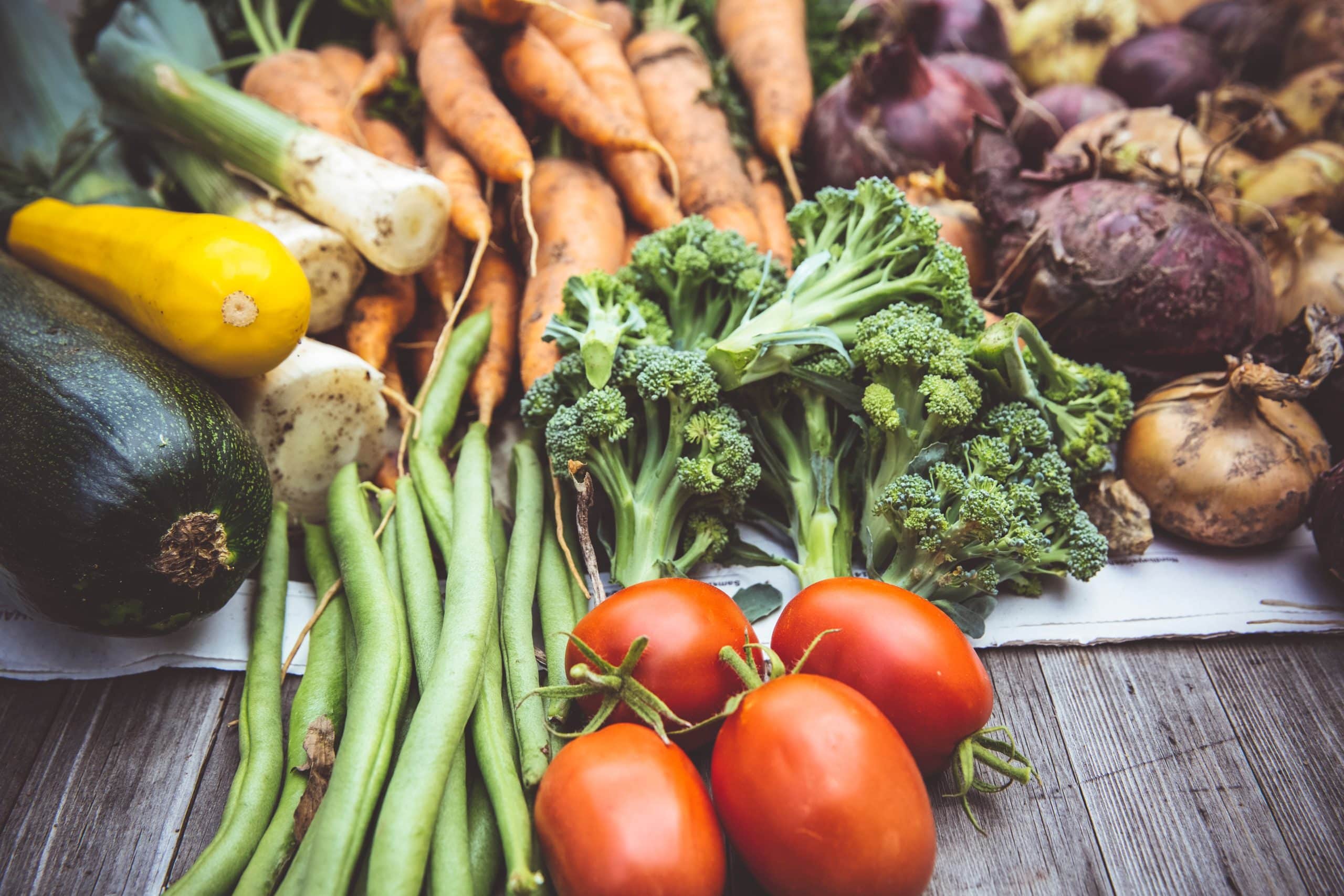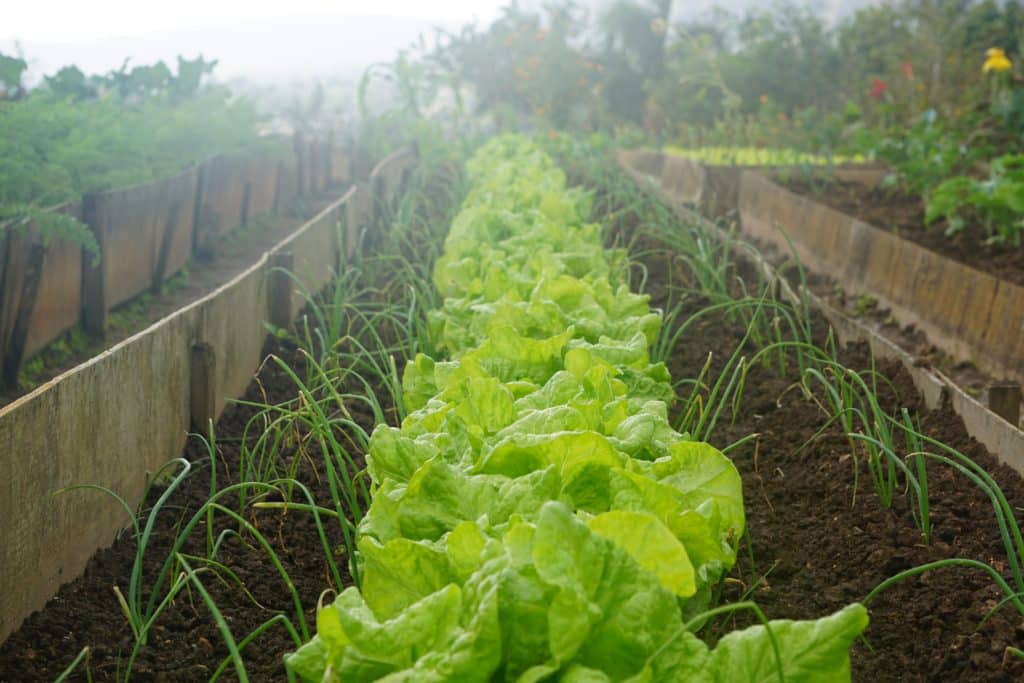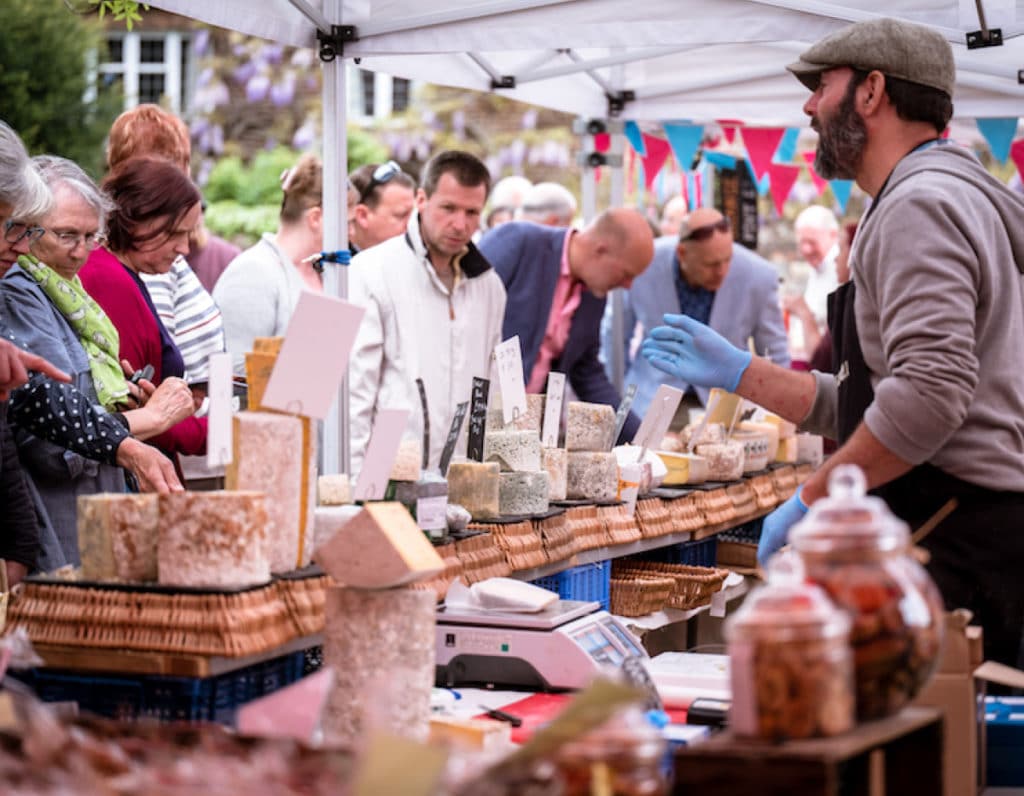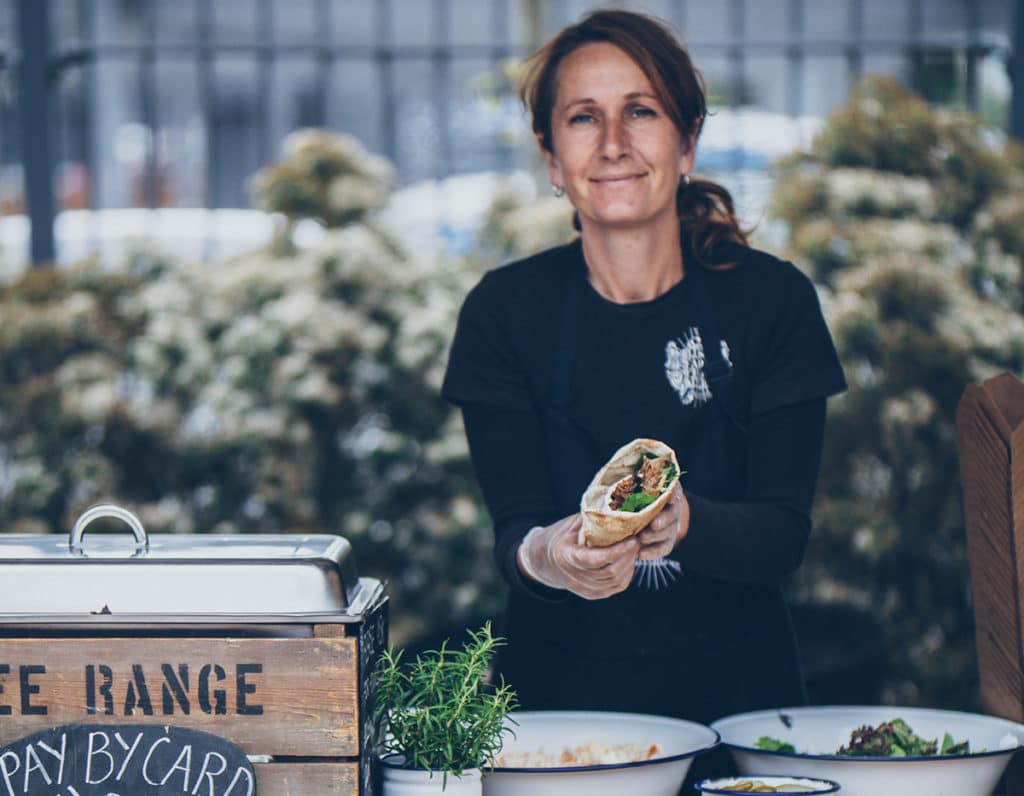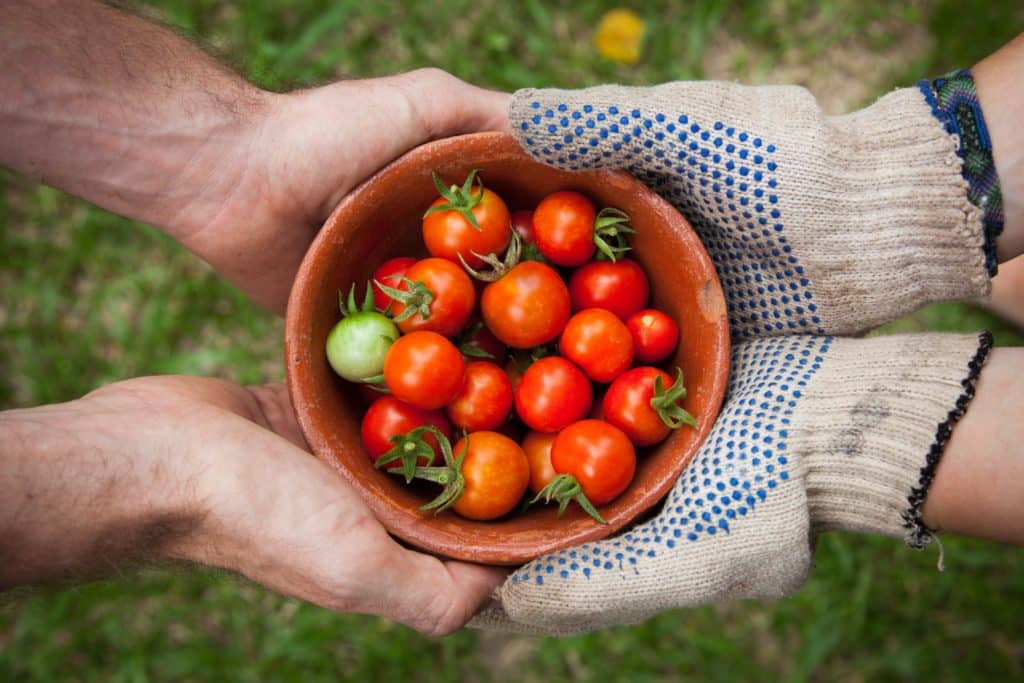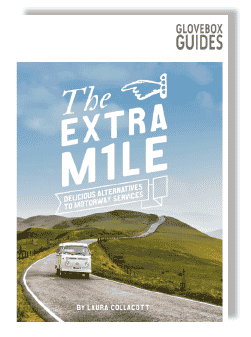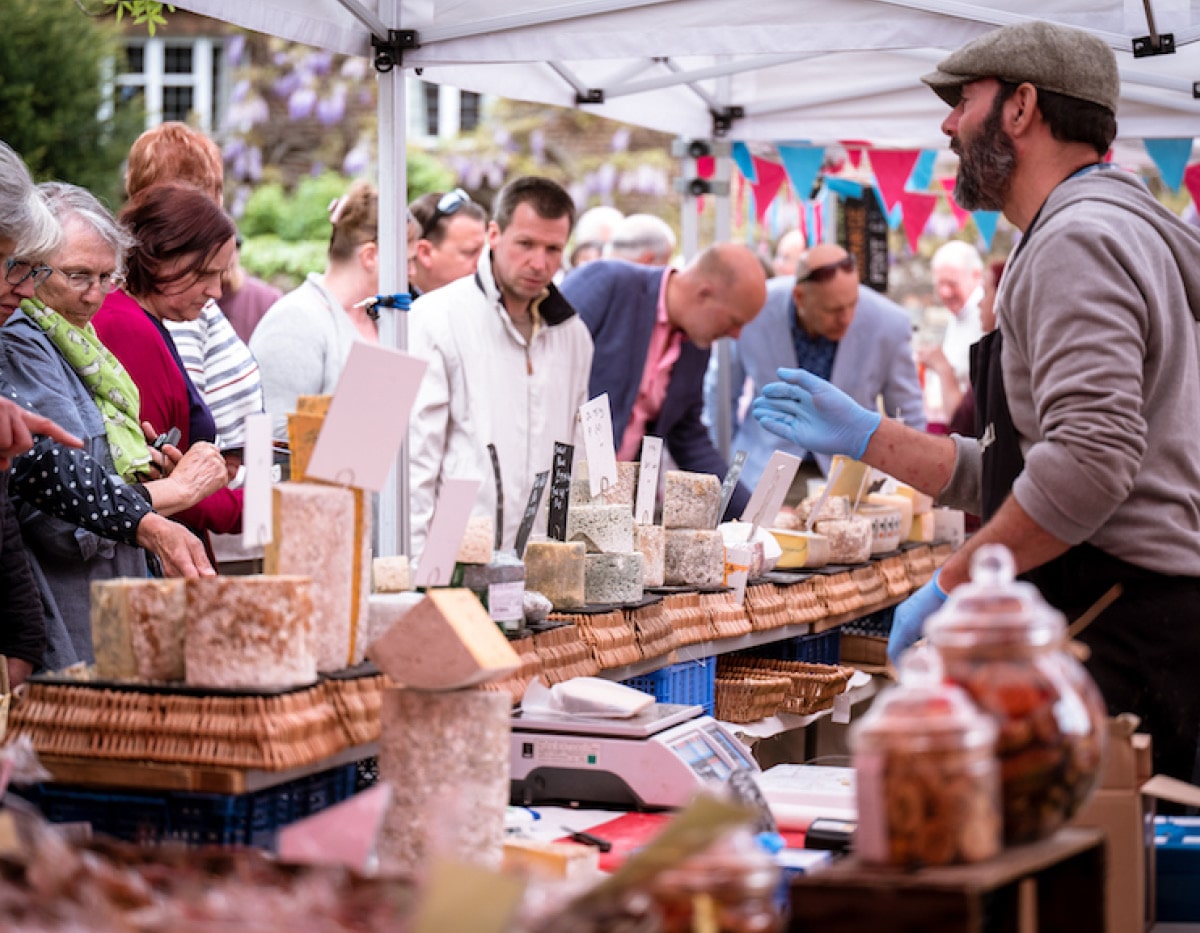
THE BEST FOOD FESTIVALS FOR 2025
This blog brings together some of our favourite national and regional food festivals, so that you don’t miss a culinary trick in 2025 when looking for something to do with your foodie friends. Thank you to the organisers of the South West’s multi-award-winning food and drink festival series, eat:Festivals, for the use of their evocative, appetite-whetting imagery, above.
Our guidebooks (The Extra Mile: Delicious Alternatives to Motorway Services; The Farm Shop Guide; and The Coastal Café Guide) have one thing in common with these festivals. Our books encourage people to eat local, buy local, avoid boring big-brand food and the monotony of motorway eats, and instead to support smaller, independent producers. You’ll find many of these festivals featured in our newest book (already a #1 Amazon bestseller), The Farm Shop Guide.
Have we missed any festivals? Let us know, we’ll slip them in.
FOOD FESTIVALS IN/ FROM APRIL 2025
eat:Festivals…Year-round events in 2025 (from 5 April until 13 Dec)
eat:Festivals need a whole website of their own, there is so much going on. With local, regional events plus festive and themed markets (think vegan, Christmas, gate-to-plate), their impressive series of day-long markets begin with eat:Bideford on Sat 5 April 2025. They then continue (through Minehead, Weston-super-Mare, Castle Cary, Nailsea, Exmouth, Tavistock, Taunton, Bedminster, Burnham, Portishead, Axminster, Yeovil, Chipping Sodbury Shaftesbury, Honiton, Totnes, Wellington, Tiverton, and Clevedon) until Sat 13 December 2025, drawing a year of South West food festivals to a close with eat:Dawlish. Come along for everything from cider, organic veggies and smoked fish to chocolate, gelato and local spirits. Street performers and sustainability are high on the list of must-haves for every eat:Festival.
FOOD FESTIVALS IN MAY 2025
Porthleven Food Festival, Cornwall, 2-4 May 2025
Designed as a toast to Cornish food (while raising awareness of the key issues relating to food and the environment), this event takes over the whole town in a weekend of pasties, chef demos, Bloody Marys, ska bands, and comedy skits. It’s a riot.
Visit the Porthleven Food Festival in Cornwall.
Ludlow Food Festival, Shropshire, 9-11 May 2025
The spring chapter of this famed foodie event (set against the Marches’ iconic castle) has bands, beer, music, and motors. Although more beer-focused than the autumn edition, you’ll find a wealth of artisan food producers ready to show off the region’s best street food. A fab food festival in Shropshire.
Follow Ludlow’s Spring Food Festival, Shropshire
Follow Ludlow’s main Food Festival (12-14 Sep 2025)
North Leeds Food Festival, West Yorkshire, May 10-11 2025
A popular menu of tribute bands, street entertainers, artisan traders, indy bars, and delicious street food make this a popular addition to any self-respecting foodie’s calendar. Kids love the fun fair and inflatables, leaving grown-ups free to enjoy innovative chef demos and samples of local tipples.
Visit the North Leeds Food Festival site
Blenheim Palace Food Festival, Woodstock, Oxfordshire, 24-26 May 2025
In this rather dramatic setting, discover new flavours and be inspired by passionate chefs, food makers and bakers, and esteemed culinary guests. For street food, live music, curated food stalls, kitchen and homeware gifts, Blenheim is the place to be. If you happen to have an Annual or Palace and Play Pass, it’s also completely free (else find tickets online).
FOOD FESTIVAL IN JUNE 2025
Taste of London, Regent’s Park, 12-16 June 2025
This five-day ‘food-fuelled garden party’, as the organisers call it, happens in the heart of the capital’s vast Regent’s Park. It features an impressive number of London’s hottest chefs and restaurants, and introduces movers and shakers new to the food scene. Cocktails, desserts, cook schools, and street food await.
Visit Taste of London for festival map, tickets, and info.
Shrewsbury Food Festival 28-29 June 2025
On the last weekend of June, Shrewsbury Food Festival transforms the town’s park with 200 independent food and drink stalls, street food trucks, and bars. Top chefs offer free talks and demonstrations, while a Chef School inspires budding cooks. A dedicated kids’ zone features free activities like circus skills, have-a-go activities, and inflatables. Enjoy live performances on the Music Stage and Family Entertainment Stage or learn about food and sustainability in the Field to Fork area. Winner of ‘Festival of the Year’ at West Midlands Tourism Awards 2024, it’s more than just a food festival.
FOOD FESTIVALS IN JULY 2025
Great Yorkshire Show, North Yorkshire, July 8-11 2025
A 140,000-strong crowd descends on Harrogate each summer to celebrate British food, countryside, and farming at the Great Yorkshire Show. Staged since 1837, this is one of the UK’s oldest, largest agricultural shows. Marvel at the prize animals in the judging ring, sample fine Yorkshire produce, and enjoy the live music.
For FAQ and tickets, visit the Great Yorkshire Show online.
National Geographic Traveller Food Festival, Business Design Centre, London, 19-20 July 2025,
With a food hall, wine and spirits theatre, workshops, master food photography sessions and more, Nat Geo’s fabulous food fest gives you the chance to ‘taste the world’ in the heart of London. Head to the main stage to see decorated chefs, TV personalities, and cookbook writers, and be inspired by their words, wit, and culinary wisdom.
Global gourmets: get your 2025 tickets to the National Geographic Traveller Food Festival here.
Rock Oyster, Dinham House, North Cornwall, 24-27 July 2025
Alongside an artisanal food extravaganza, Rock Oyster has a stellar lineup of musical treats in 2025, from the Ministry of Sound Classical to Rag’n’Bone Man, UB40 and more. Sea, sand, surf, foodie workshops and sessions, salivating over delicious gourmet goods: Rock Oyster 2025 has it all.
Check out the Rock Oyster 2025 schedule and tickets here.
Feast On, Bristol, 24-27 July 2025
Hosted on Bristol’s iconic Durdham Downs parkland, Feast On offers signature dishes from the city’s top chefs as well as a produce market, open fire cooking demos, live music, and tasting opportunities. Bristol is also home to most of this publisher’s staff (it’s where Printslinger is based) so this Bristol Food Festival is of course a huge favourite. See you there!
FOOD FESTIVALS IN AUGUST 2025
PieFest, Melton Mowbray, 3-4 August 2025
Does this food festival speak for itself? To eat all the pies – or to see who makes some of the country’s very finest examples thereof – come to pie-central, Melton Mowbray, in early August. Check the suspension on your car before setting off, boot laden with golden-pastry’d goodness…
Glasgow Foodies Festival, 8-10 August 2025
Glasgow’s is one in a cracking series of 14 ‘Foodie’ festivals taking place right across the UK, each celebrating the food of its region. Expect fire-pit cooking, an artisan market, street food, award-winning chefs, and great music. If you’re looking for a food festival in Scotland, look no further.
Visit Glasgow Foodies Festival online for more.
The Big Feastival, the Cotswolds, Oxfordshire, 22-24 August 2025
Cross a music festival with a food fest and you have: the Feastival. Hosted at a farm in the Cotswolds, it’s a weekend extravaganza of music, dancing, top-class chefs, finger-licking street food, and family fun.
FOOD FESTIVALS IN SEPTEMBER 2025
Narberth Food Festival, Pembrokeshire 2025 (date TBC)
West Wales has a burgeoning food scene, and the pretty market town of Narberth celebrates the best of it. Entry is free and the 50-plus stalls are full of creative flavours: perhaps local ferments, whisky, preserved fish, or vegan meals. There’s also a rich menu of music and activities for children. Check online before making any plans, we’re just waiting with everything crossed for the 2025 dates.
Visit Narberth Food Festival in 2025
Abergavenny Food Festival, 20-21 September 2025
The picturesque market town of Abergavenny is the perfect backdrop for one of Britain’s finest food festivals. From inspiring food education to parties in the Dome, meet-the-author events, and every street food and gourmet treat you can imagine, Abergavenny Food Festival really is a treat for all the senses. Full of food? Walk it off with a stroll around the nearby castle or canal.
Visit one of Wales’s best food festivals: Abergavenny 2025.
Aldeburgh Food and Drink Festival, Suffolk, 27-28 September 2025
2025 is the Aldeburgh Food and Drink Festival’s 20th anniversary: what a year to experience this brilliant event for the first time. it features cooking classes for kids, tractor rides, and over 100 local food and drink producers from across Suffolk. As a not-for-profit outfit, its raison d’être is to reconnect people with the food provided by the nearby landscape, and to champion emerging and established producers. (Exactly what Printslinger guidebooks like to do, too.)
FOOD FESTIVALS IN OCTOBER 2025
East Midlands Food Festival, Melton Mowbray, 5-6 October 2025
Rural foodie capital, Melton Mowbray, celebrates its fêted pork pies alongside plentiful artisanal treats every autumn, at this covered food festival. Stalls spill over with farm-fresh produce, while the area’s multicultural flavours wait to be sampled: the Iranian offering is strong. For Pie Fest, you’ll need to be here in August.
Plan your trip to the East Midlands Food Festival 2025 here.
LOVE FOOD? DISCOVER OUR FOODIE TRAVEL GUIDES
If you love local food, and supporting smaller, independent and often family-run food and drinks businesses (and farmers and farm shops), have a look at our three guidebooks on the button below. They’d each make a great gift for your foodie friend, or treat yourself to the trio. Banish forgettable food, and eat better (while buying local) with The Extra Mile, The Coastal Café Guide, or The Farm Shop Guide.

